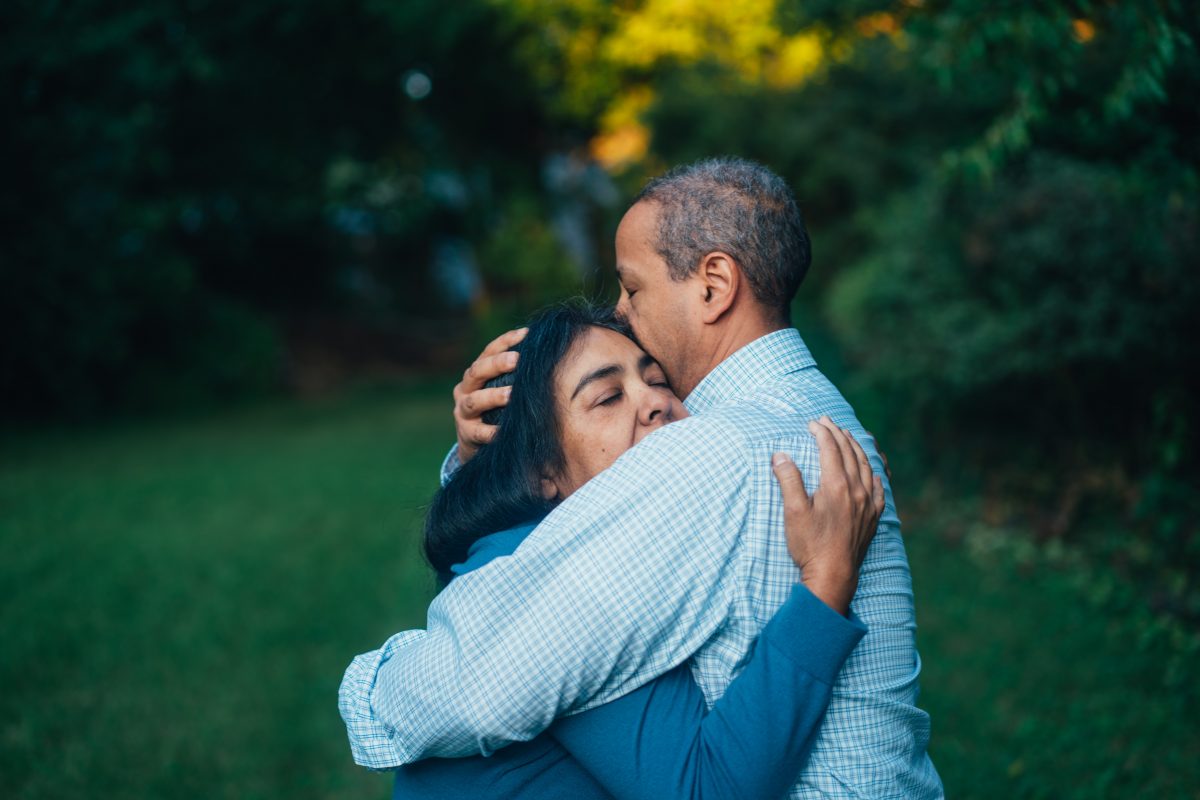Each day seems to bring a new wave of emotions or renew those I thought had been placated.
Widening unemployment and business uncertainty (furloughs and benefit reductions) are some of the financial costs of the pandemic. Unmet needs including physical, spiritual, and mental are additional issues that continually persist as we find ourselves without the routines we were accustomed to, coherent communication from our leaders or a clear plan of action.
As of today, we have lost an estimated 40,000 lives in the United States to COVID-19 with countless others unaccounted for because they were not hospitalized and tested. Based on “the projection circulated by infectious disease experts of how many infected people would die” we expect anywhere between “1 percent, or 10 times the rate of a typical flu. Ultimately, we are mourning lost loved ones on account of the virus or preexisting maladies, in addition to the loss of what we understood as the “normal course of life.”
This sustained period of crisis and uncertainty requires dexterity, which is easier said than done. Perhaps it’s also unfair to believe that everyone will be equipped to develop this ability under the circumstances because the COVID-19 pandemic is likely the BIGGEST event we have dealt with individually or as a society. While we cannot control our emotions, we can manage our response to the urges they bring about.
On the latest podcast episode of The Middlests, we spoke with expert Barbara Phillips (Partners International) about resources for dealing with this prolonged period of crisis and change. Specifically, we dove into the research of William Bridges known as the “Transition Model” and discussed the requisites for dealing with change:
- Denial (Confusion, Shock, Disorientation)
- Resistance (Anxiety, Sadness, Frustration)
- Exploration (Adapting to “New Normal”)
- Commitment (Optimism & “Light at the End of Tunnel”)
In the podcast episode, we discussed strategies for working through this crisis. Here’s an example in action:
The process is not linear, as I have come to learn, but it provides a strong blueprint for how to be vigilant and kind to yourself during this time, as we rebuild toward our new reality.
If you’re interested in learning more, listen below.


